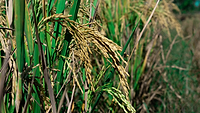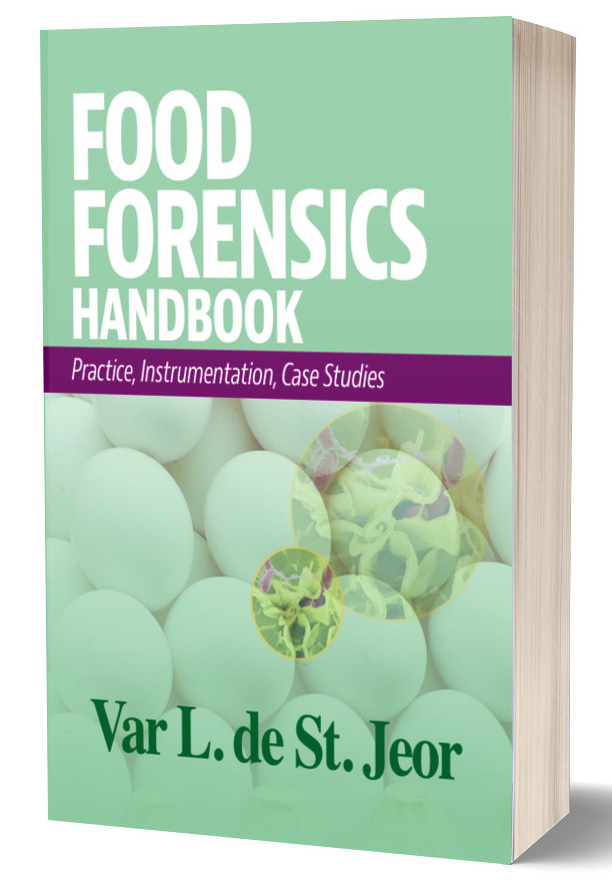USDA Explores Food Safety Applications of Antimicrobial Mushrooms

Image credit: Daniel via Unsplash
The U.S. Department of Agriculture’s Agricultural Research Service (USDA’s ARS) is looking into the antimicrobial properties of mushroom extracts and how they can enhance food safety by protecting crops against aflatoxin-producing fungus and bacteria, including Aspergillus flavus.
Specifically, A. flavus produces aflatoxin S, a dangerous type of mycotoxin that contaminates a variety of major crops, such as corn, tree nuts, and peanuts. People who consume foods containing aflatoxins, or products derived from animals that have eaten the contaminants, are at higher risk for health conditions like liver cancer and childhood developmental issues.
ARS scientists recently found that a component of the mushroom Taiwanofungus camphoratus could be developed as a food ingredient with antimicrobial potential, thereby inhibiting the growth of fungi and bacteria in foods. The mushroom derivative can lower the contamination rate of toxin-producing or heat-tolerant fungi that escape the food sanitation process.
Additionally, many antimicrobial agents have been developed from mushroom ingredients for crop protection, including the natural fungicide strobilurin, which is one of the most important agricultural fungicides. When applied to crops, strobilurin inhibits A. flavus growth by affecting its ability to breathe.
Mitigating A. flavus in the field can reduce the amount of aflatoxins that manufacturers must control during food processing and packaging.
Looking for a reprint of this article?
From high-res PDFs to custom plaques, order your copy today!







